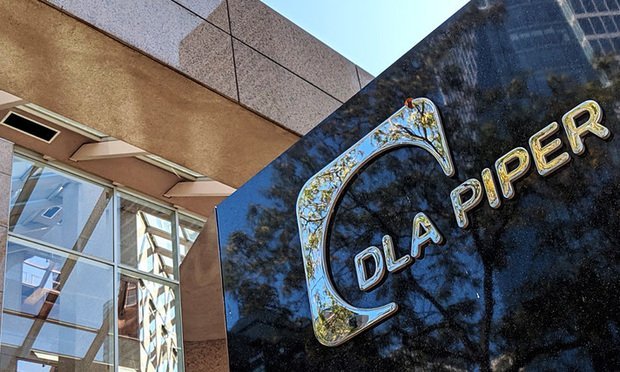Whether it’s business or personal life, friends or neighbors, having conflicts is pretty common—it’s like a part of our lives. However, the important thing is to resolve such disputes, and for that, it’s vital to have a reliable mechanism. That’s because some conflicts can be resolved through direct communication, and others become entrenched, leading to frustration and resentment. These days, mediation like https://www.bridgesadr.com/ has become an increasingly popular option for resolving disputes in various areas of life.
It offers a less adversarial and more collaborative approach compared to traditional litigation in a timely and cost-effective manner. Mediation helps parties reach mutually agreeable solutions.
Have you ever been in a conflict and wondered how mediation can help in such situations?
This blog explains the five most common dispute cases where mediation can be a powerful tool for finding common ground and reaching a mutually beneficial resolution.
Let’s get started.
Mediation is an alternative dispute resolution (ADR), a kind of structured process where an impartial third party, known as a mediator, facilitates communication between the involved parties.
Instead of offering a solution, a mediator guides the conversation, helping each party understand the other’s perspective and identify areas of agreement to get a mutually acceptable resolution. This collaborative, confidential, and flexible approach fosters a sense of fairness and empowers participants to craft their solutions.
- Family Disputes:
Family disputes can be really stressful and resentful in some cases. They often involve deep-seated issues and personal relationships, making them particularly challenging to resolve. A mediator will address such issues in detail and in a constructive manner, meaning it will help in better communication rather than blame and punishment.
Common Family Disputes:
- Divorce and Separation
- Child Custody and Parenting Plans
- Estate and Inheritance Disputes
- Eldercare Issues
- Community and Neighborhood Disputes:
Disputes in the community and neighborhood can impact the peace and harmony of the area you’re living in. Taking help from a mediator can help address these issues clearly and impartially. This will help to build and promote better relationships and a stronger sense of community.
Common Neighborhood Disputes:
- Boundary Issue
- Noise Complaints
- Property Boundaries and Maintenance
- Pet Concerns
- Homeowners Association (HOA) Conflicts
- Shared Amenities
- Environmental Issues
- Workplace Conflicts:
Conflicting situations in the workplace can significantly impact productivity, morale, and the overall work environment. A mediator will try to settle these issues in a professional and confidential setting.
Common Workplace Disputes:
- Employee-Employer Disputes
- Management-Employee Conflicts
- Coworker Conflicts
- Contract Negotiations
- Harassment and Discrimination Claims
- Business and Commercial Disputes:
Mediation offers a cost-effective and efficient way to resolve business and commercial disputes that often involve complex issues and significant financial stakes.
Common Business Disputes:
- Contract Disputes
- Defective Products
- Partnership and Shareholder Disputes
- Customer and Supplier Disputes
- Service Issues
- Debt Collection
- Educational Disputes
Mediation offers a way to address educational disputes in a manner that prioritizes the best interests of the students involved.
Common Educational Disputes:
- Student-Teacher Conflicts
- Special Education Services
- Bullying and Harassment
Final Thoughts
Mediation is a powerful method for resolving disputes constructively in a wide range of areas, from family and workplace conflicts to business and community disputes. A mediator can help both individuals find mutual solutions that address everyone’s needs and preserve relationships. So, whether you’re dealing with a community issue, a workplace conflict, or a business dispute, you can consult a mediator.



